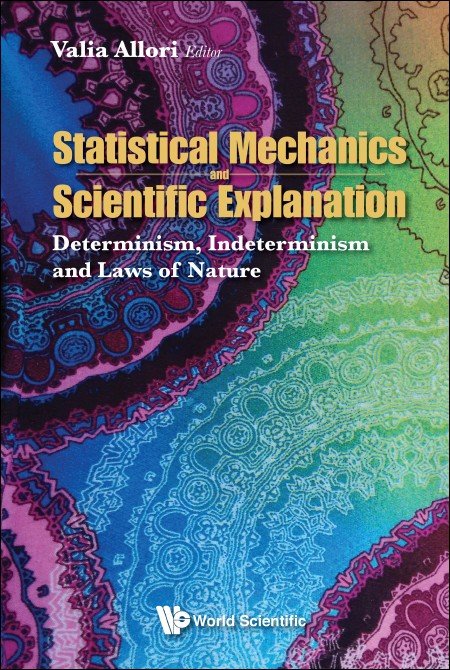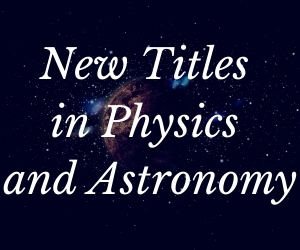System Upgrade on Tue, May 28th, 2024 at 2am (EDT)
Existing users will be able to log into the site and access content. However, E-commerce and registration of new users may not be available for up to 12 hours.For online purchase, please visit us again. Contact us at customercare@wspc.com for any enquiries.
The book explores several open questions in the philosophy and the foundations of statistical mechanics. Each chapter is written by a leading expert in philosophy of physics and/or mathematical physics. Here is a list of questions that are addressed in the book:
- Boltzmann showed how the phenomenological laws of thermodynamics, such as the second law of thermodynamics, can be suitably derived from statistical mechanics, which is based on classical mechanics. What exactly does this explanation amount to?
- Assuming that Boltzmann is able to explain the thermodynamic arrow of time connected with the second law, what about the psychological arrow?
- Many physicists use the notion of typicality instead of the one of probability when discussing statistical mechanics. What is typicality? What is its connection with probability? Is typicality explanatory?
- How can one extend Boltzmann's analysis to the quantum domain? Can indeterminism help or it does not play a fundamental role?
- How does this approach extend to theories in which gravity plays an important role?
- Boltzmann's explanation fundamentally involves cosmology: for the explanation to go through the Big Bang needs to have had extremely low entropy. Does the fact that the Big Bang was a low entropy state imply that it was, in some sense, "highly improbable" and requires an explanation? Are there approaches in which one can avoid postulating something like the past hypothesis?
- Statistical mechanics has two main formulations: one due to Boltzmann and the other due to Gibbs. What is the connection between the two formulations? Is one more fundamental than the other?
Sample Chapter(s)
Introduction
Chapter 1: The Mentaculus Vision
Contents:
- Introduction (Valia Allori)
- The Different Faces of Explanation:
- The Mentaculus Vision (Barry Loewer)
- Probabilistic Explanations and the Derivation of Macroscopic Laws (Jean Bricmont)
- Some Reflections on the Statistical Postulate: Typicality, Probability and Explanation between Deterministic and Indeterministic Theories (Valia Allori)
- Explaining Thermodynamics: What Remains to be Done (Wayne C Myrvold)
- The Language of Typicality:
- Reassessing Typicality Explanations in Statistical Mechanics (Massimilaino Badino)
- The Logic of Typicality (Harry Crane and Isaac Wilhelm)
- The Grammar of Typicality (Tim Maudlin)
- The Past Hypothesis, the Arrows of Time, and Cosmology:
- Can the Past Hypothesis Explain the Psychological Arrow of Time? (Meir Hemmo and Orly Shenker)
- Eternal Recurrence Worlds and the BestSystem Account of Laws (Ryan A Olsen and Christopher J G Meacham)
- Arrow(s) of Time without a Past Hypothesis (Dustin Lazarovici and Paula Reichert)
- The Influence of Gravity on the Boltzmann Entropy of a Closed Universe (Michael K-H Kiessling)
- Some Consideration from Quantum Mechanics:
- Foundations of Statistical Mechanics and the Status of the Born Rule in de Broglie-Bohm Pilot-Wave Theory (Antony Valentini)
- Time's Arrow in a Quantum Universe: On the Status of Statistical Mechanical Probabilities (Eddy Keming Chen)
- Boltzmann and Gibbs:
- Gibbs and Boltzmann Entropy in Classical and Quantum Mechanics (Sheldon Goldstein, Joel L Lebowitz, Roderich Tumulka and Nino Zanghì)
- The Necessity of Gibbsian Statistical Mechanics (David Wallace)
- Taming Abundance: On the Relation between Boltzmannian and Gibbsian Statistical Mechanics (Charlotte Werndl and Roman Frigg)
- Index
Readership: Graduate and research level students and professional in mathematical physics, statistical mechanics, quantum theory and physics.

























